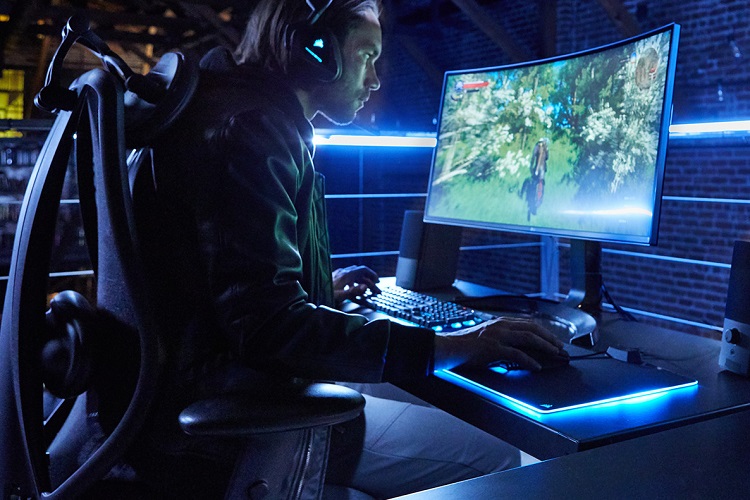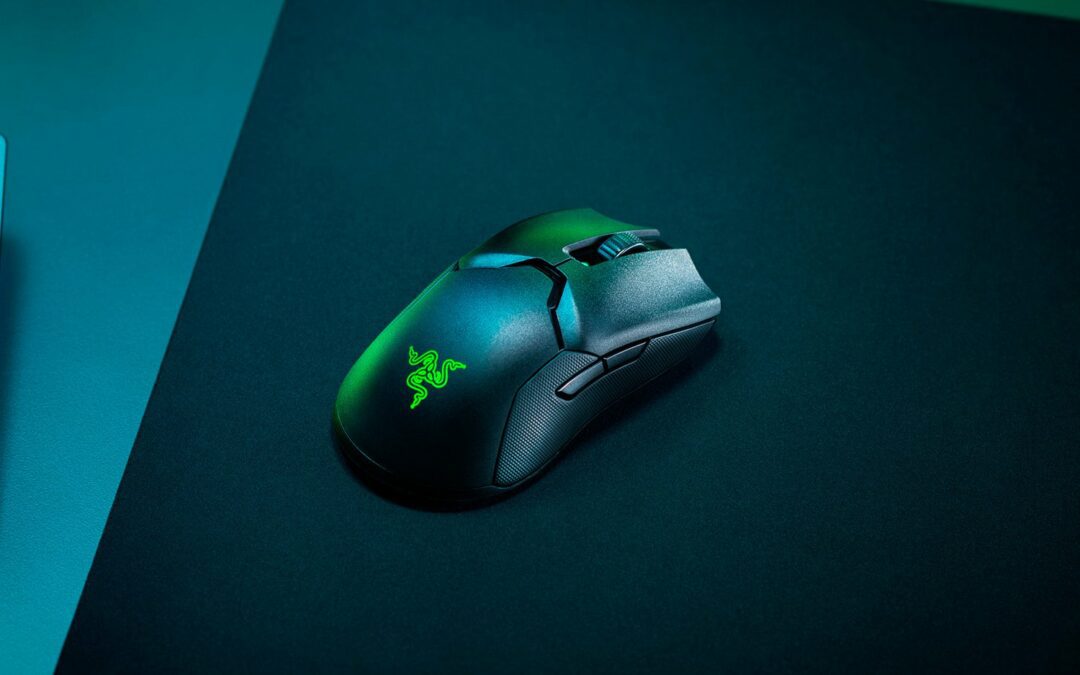Gamers often get flamed for supposedly being lazy, unmotivated, or antisocial. However, years of experience playing video games can promote the development of skills that many businesses would be proud to observe in their employees.
In fact, many of the skills that gaming can impart are now perceived as valuable tools for career development. And many employers are looking out for when poring over resumes.
Video games call for the ability to make fast, effective decisions while under pressure. Plus, they often necessitate extreme trust and collaboration with team members. All of these are skills that employees from varying industries need when working within a greater organization.
That’s right, businesses are finally catching on to the fact that people with a healthy dose of gaming experience can bring so much to the table in terms of teamwork, problem-solving, risk-taking, and more.
In this article, we’ll go through some of the most notable skills and characteristics that video gaming can cultivate over time. All of which are ideal for giving your career a boost. Game ON!


Promotes Concentration
Concentration is something that many people struggle to maintain. But people with experience in gaming tend to develop a strong focus ability. The scenarios created in many popular video games throw players into chaotic positions that require a high degree of concentration to resolve.
There are always clear-cut objectives and goals that force the player to focus on if they are to, quite literally, survive. The real world can present similarly chaotic scenarios. But gamers may feel more prepared for this as they have years of deep concentration under their belts.
Encourages Healthy Risk-Taking
Another common theme in the video game world is that of risk. Whether they are playing a combat pilot or zombie assassin, gamers tend to be extremely familiar with making snap decisions, many of which come at the cost of their life or resources when poorly judged.
To survive these various alien territories, gamers need to quickly adapt to their environment under extreme time constraints—and often without any external help. Healthy risk-taking is an undoubtedly important facet of business, which is why gamers can often be relied on to make smart, instinctive decisions at work.
Develops Strategizing Skills
Thousands of video games have strategy or navigation as their premises. To successfully make it to the next level or receive a valuable prize, gamers must use their natural ability for strategizing to pull them through a difficult situation.
In any work discipline, the ability to look ahead, prepare, and execute a plan of action is critical for accomplishing both long and short-term goals. Strategic minds are in high demand, making this skill a particularly useful one to advertise on your resume.
Boosts Competitiveness And Drive
A sense of competition can help to ignite innovative solutions and drive workers to push forward, no matter how tempting it may be to give up. Experienced gamers understand the weight of competition and how it can be the fuel that pushes us forward into success.
In fact, many gamers use video games as an outlet for their competitive edge. Games allow them a safe environment in which to satisfy their appetite for rivalry. Competition drives the human brain to constantly self-improve and to reflect on what can get done differently to overcome a challenge.
Employees that have strong competitive streaks tend to be more successful in what they do, understanding the value that this unique skill can bring to any high-stakes mission.
Promotes Problem Solving
In this world, unexpected problems, delays, and screw-ups are a regular occurrence. But one way to overcome them without cracking is simply to practice the skill of problem-solving in a controlled environment—which is an activity that gamers are constantly engaged in.
Being able to assess a problem situation under pressure and cultivate a rational response is a hugely valuable skill in a chronically problematic world. People who possess strong problem-solving abilities would be an asset to any team they join
Enables Multitasking
Multitasking is another highly valued skill in the world of today. With new technologies getting released every year (and a thousand tutorials to go with them), the global workforce is in dire need of people who know how to focus on multiple tasks at once. Preferably without breaking too much of a sweat.
Even though video games used to emulate simple, straightforward tasks (and some still do), many of the games on the market today involve a unique complexity and array of factors that keep players constantly on their toes.
The regular experience of getting thrown into complicated circumstances can help the human brain to develop a natural multitasking ability. People exposed to these kinds of games on a regular basis can take that skill out of the screen and into their workplace for improved time and task management.
Refines Pattern Identification
Many video games revolve around the concept of patterns and themes that require player recognition in order to progress. In the modern business world, people are cast into a similar environment—needing to identify patterns of data in order to stay relevant and successful.
In this world, getting ahead of the competition is a major priority, and often the way to do that is by picking up on subtle trends and making accurate, data-based predictions about what to expect from the future. In 2022, this is a skill that many businesses would appreciate having on their team.
Supports Collaboration And Teamwork
Despite the stereotype of gamers being antisocial, many of the most popular video games require serious collaborative and teamwork skills. These skills are extremely useful for navigating both personal and professional situations.
Being a team player in a video game means having to develop critical social skills, such as punctuality, sportsmanship, compromise, civility, and patience. All of these are skills necessary for operating as a team member—both inside and outside of the office.
Gaming — A Good Career Move
While some games are specifically designed to enhance specific skills, others do so simply because of the input, action, or interaction required. Regardless, they all have something in common. They give gamers valuable skills that translate well into the workplace.
Many businesses are already shifting their perception of gamers and starting to appreciate the important life skills they’ve cultivated. With enough time, perhaps all businesses will realize that gaming is so much more than just entertainment. It’s a valuable way to learn skills while having fun.
Have any questions? Comments? Leave them below!






